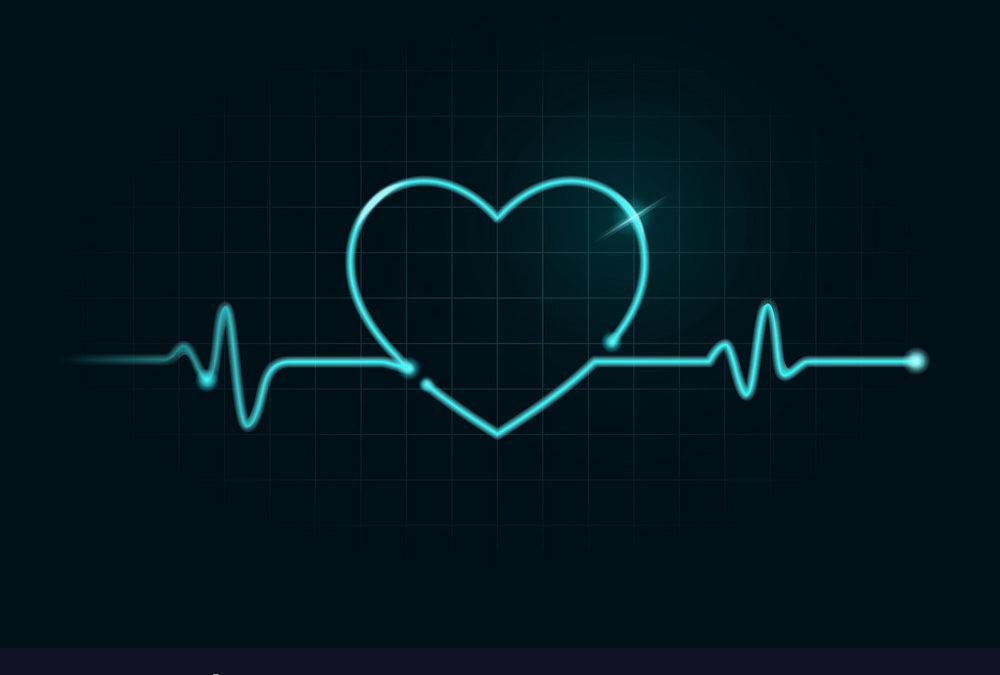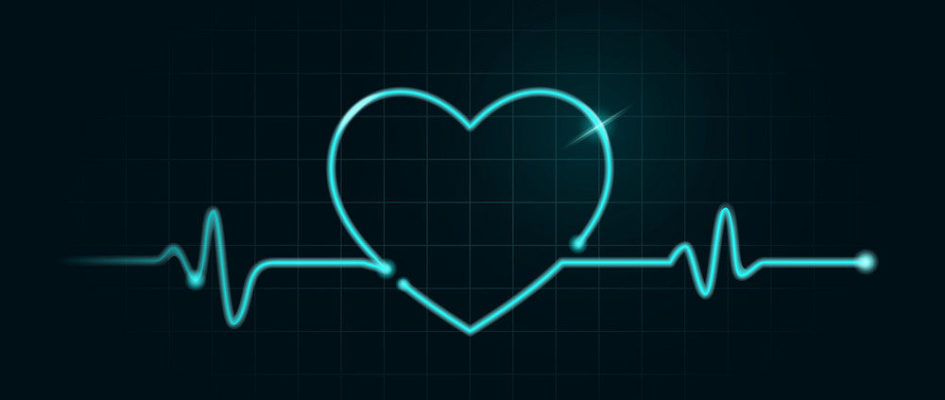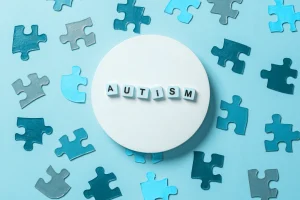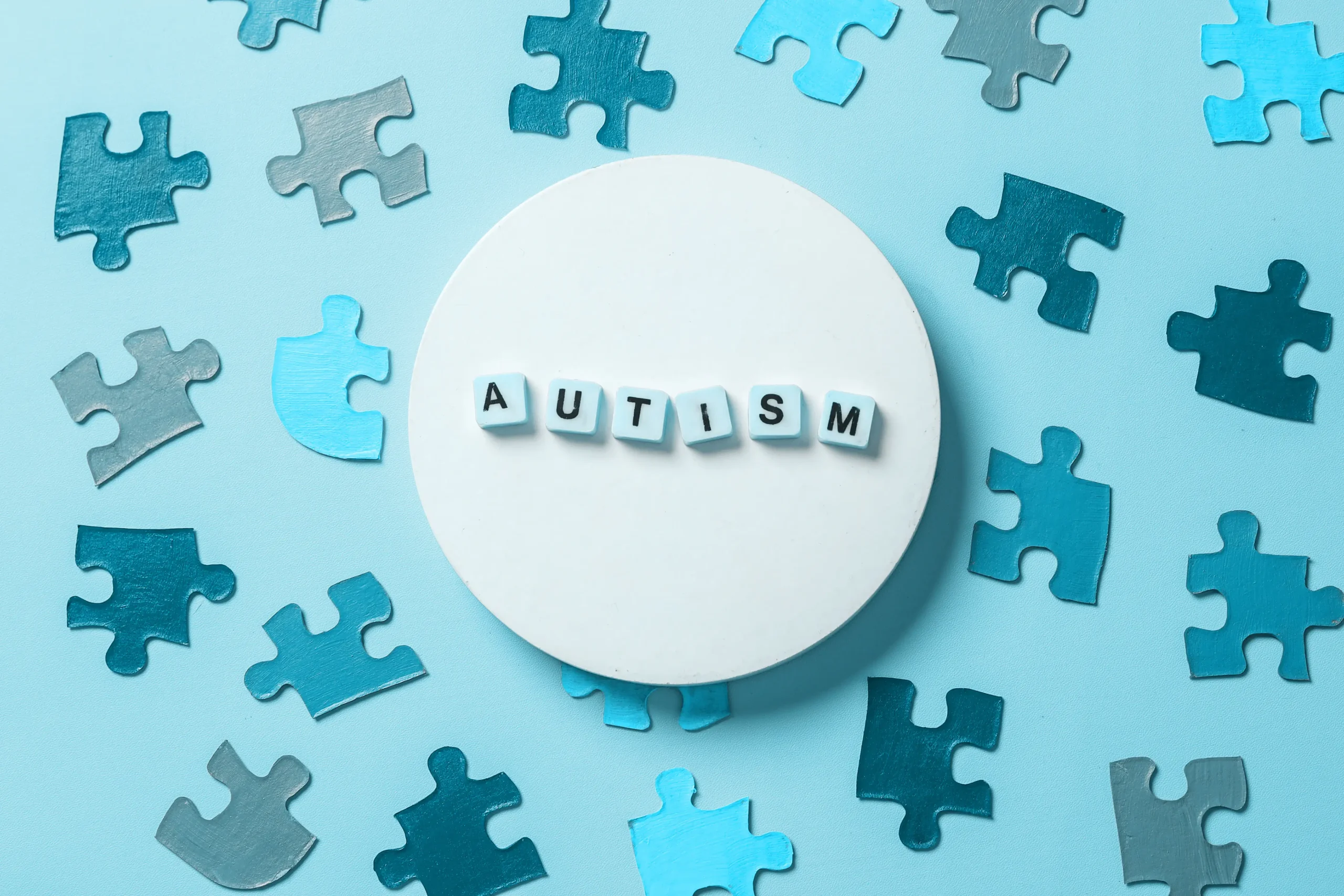Heart Failure Signs and Symptoms
Heart failure is a serious health condition that is generally long-term and worsens over time. Understanding the signs and symptoms to look out for will help you to assess when you need urgent medical attention.
Despite the name, heart failure does not mean that your heart has physically failed. Rather, the term “failure” is used to describe the inability of one or more chambers of the heart to pump blood as well as they should, which could be caused by several reasons. The failure can occur in any internal location of the heart – in the left, right, or both chambers.
The heart is made up of two chambers, namely the atrium and ventricle, making up the upper and lower halves of the heart, respectively.
Symptoms of heart failure
Rapid heart rate or irregular heartbeat
Your heart rate may increase in order to compensate for its deteriorating ability to distribute blood throughout the body. You may feel a fluttering sensation in the heart or palpitations – or a heartbeat that feels out of rhythm. Some individuals have described it as a pounding or racing sensation in the chest.
Shortness of breath or breathlessness
When the heart begins to fail, there is a buildup of blood in the veins trying to get oxygenated blood from heart to the lungs. As fluid increases in the lungs, it interferes with normal breathing. As a result, you may become breathless when exercising or performing other activities. As the condition worsens, shortness of breath may occur even when at rest or when you are asleep.
Recurrent Fatigue
Fatigue is one of the most common signs of heart failure. Individuals with heart failure may feel tired and have difficulty performing daily activities, like walking or climbing stairs. This is especially true during exercise. Fatigue is the result of less blood reaching muscles and tissues in the body. Fatigue also occurs because the body is not expelling waste products as it should.
Constant coughing
The fluid that has been building up in the lungs may cause a recurrent cough or wheezing, and may produce mucus or phlegm. Sometimes the mucus may contain blood.
Lack of appetite and/or nausea
When your body is dealing with heart failure, the liver and digestive system become congested as they are no longer receiving an adequate supply of blood. As a result, you may feel nauseous or full even if you haven’t eaten anything.
Impaired cognitive function
Abnormal levels of certain chemicals in the blood and subsequent reduced blood flow to the brain may cause memory loss, confusion, and disorientation.
Buildup of body fluids
During heart failure, the heart is unable to transport the necessary amount of blood to meet the body’s requirements. As a result, blood is diverted away from less crucial areas, such as the arms and legs, thus, people with heart failure often feel weak (often in their arms and legs), and tired.
Since blood flow is restricted, the kidneys – which have also suffered the consequences of heart failure – produce hormones that lead to water retention. This causes swelling, also called edema, that occurs in the feet, ankles and legs.
When to get medical advice
If any of the above signs and symptoms above sound familiar to you, or if they are getting increasingly worse, seek the advice from your GP or clinic immediately.
For more information please contact:
Dr. Charizade Mussagy, Cardiologist at Maputo Private Hospital.
Tel: +258 843030 967
Email: [email protected]
The lenmed Group is a world-class chain of Private Hospitals that brings quality healthcare to communities across Southern Africa.
Disclaimer: Any information contained here is merely a guideline. Always visit your healthcare practitioner for any health-related advice or diagnosis.















